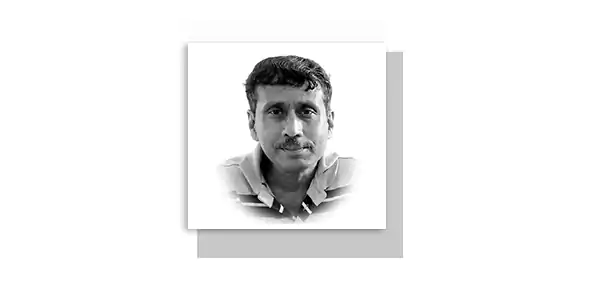SUMMER in India has been notably hotter than usual this year, with temperatures soaring to unprecedented levels. The scorching heat has posed significant challenges for people across the country, leading to concerns about heat-related illnesses and the impact on agriculture. As the mercury continues to rise, it’s essential for individuals to take necessary precautions to stay safe and healthy during this exceptionally hot season.
The prolonged heatwave has not only made daily life uncomfortable but has also raised serious health concerns. The elderly, the children, and those with pre-existing health conditions are particularly susceptible to the dangers posed by the extreme heat. The frequency and intensity of these heatwaves have been alarming, making it very difficult for the people to cope up with the extreme conditions. Heat-related illnesses such as heat exhaustion and heatstroke are becoming more prevalent, particularly among the elderly and young children. Additionally, the extreme heat has adverse effects on agriculture, leading to drought conditions and affecting crop yields.
In response to this heatwave, it is crucial for individuals to take proactive measures to protect themselves. Staying hydrated is paramount, and it’s important to drink plenty of water throughout the day. Wearing lightweight, loose-fitting clothing and staying indoors during the hottest part of the day can also help prevent heat-related illnesses. Furthermore, it’s essential to be mindful of the signs of heat exhaustion and heatstroke and seek medical attention if necessary.
In addition to personal precautions, it’s important for communities and authorities to provide support and resources to vulnerable populations, such as the homeless and the elderly, during this challenging time. Access to cooling centres and regular check-ins can make a significant difference in ensuring the well-being of those most at risk.
As the heatwave persists, it’s crucial for everyone to prioritise their health and take necessary steps to stay safe in the face of this extraordinary weather. Here are a few things you can do to avoid getting a heatstroke during the summer season. Drink plenty of water and keep your body hydrated. Drink cool drinks like coconut water, lemon juice, fresh fruit juices, and buttermilk. Wear light and loose cotton clothing to remain cool and cover your head from direct sunlight.
Save your skin from severe sunburns by generously applying broad-spectrum sunscreen every 2–3 hours. Use an umbrella when going out in the hot sun, and avoid direct sunlight whenever possible. Have a lot of fresh fruit and vegetable juices with your meals and consume a plant-based diet. Keep the doors, windows, and curtains of your house closed during the day, especially on the sunny side of your house. Open them up at night to let cooler air in. Spicy foods should be avoided altogether.
—The writer is contributing columnist, based in Mumbai, India
Email: [email protected]










